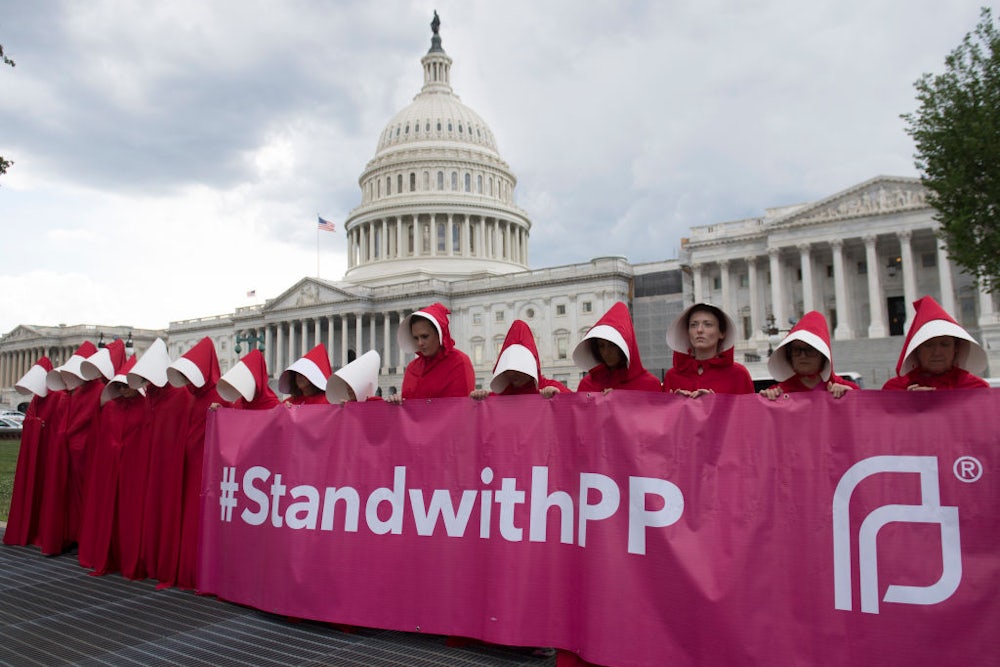As the Democratic Party prepares its agenda ahead of the 2018 midterms, abortion has emerged as a divisive issue. On one side are those who consider reproductive rights too ideologically thorny for the populism of the Democrats’ “Better Deal” agenda.
Members of this camp include DCCC Chairman Ben Ray Luján, who said in a recent interview with The Hill that there will be no litmus tests on abortion for Democratic candidates. Luján stressed the importance of a “broad coalition,” saying, “We have to be a big family in order to win the House back.” He amended that statement yesterday on his Facebook page, asserting that he is “pro-women, pro-choice, and fully respect[s] the connection between a woman’s health, her economic future, and the future of our country,” even though he is all for welcoming representatives who threaten the reproductive rights of uterus-having individuals.
On the other side are progressive groups who see economic justice and reproductive justice as interconnected issues, and who don’t believe in sidelining abortion rights in favor of a narrowly tailored economic agenda.
In a post released yesterday from NARAL Pro-Choice America and Democracy for America (DFA), leading progressive groups—including Planned Parenthood Action Fund, EMILY’s List, and Daily Kos—signed a statement of principles in response to Luján’s comments.
As progressives, we know we cannot have a real conversation about economic security that does not include the ability to decide if, when, and how to raise a family; that being able to plan a pregnancy has a powerful effect on educational attainment, career trajectory, and chance to define our own destinies.
As progressives, we stand united in understanding that policies that limit access to abortion and force medically unnecessary procedures are oppressive to women, especially low-income women and women of color.
“Abortion rights are inextricably tied to the fight against economic and racial inequity, full stop,” said DFA’s Charles Chamberlain in a statement. Liberal women are bound to be disappointed that pro-choice rights are not considered central enough to the party message to merit a firm place in its agenda—a move that foreshadows a 2018 race where women will be asked to stand by a party that will bargain with their bodies in order to appeal to centrist voters. They will also be disappointed to know that reproductive rights are considered auxiliary to what Democrats have deemed to be the “real fights.”
